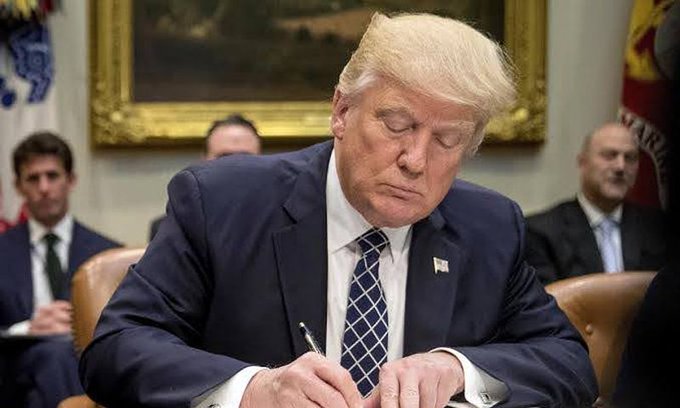On June 15, 2025, Uganda was named among 36 countries facing possible inclusion in a major expansion of the United States travel ban, a move that could have wide-ranging effects on travel, education, business, and diplomatic relations between the two nations. The proposed expansion, outlined in a confidential US State Department memo signed by Secretary of State Marco Rubio, marks one of the most significant shifts in US visa policy in recent years and signals a renewed push by the Trump administration to tighten immigration controls.
The Scope and Rationale Behind the Ban
The memo, first reported by The Washington Post, gives Uganda and the other targeted nations a 60-day window to comply with new US security and identity verification benchmarks or face either full or partial visa bans. The list of countries includes 25 African nations, such as Egypt, Ethiopia, Nigeria, and Tanzania, as well as countries in the Caribbean, Central Asia, and the Pacific.
The US government’s stated concerns include:
- Weak civil documentation and identity verification systems,
- High rates of visa overstays by citizens,
- The availability of citizenship through investment without long-term residency requirements,
- Allegations of government fraud and unreliable civil documents,
- Reports of antisemitic or anti-American activities by some nationals while in the US.
Uganda, in particular, was cited for issues related to its visa issuance processes and the number of citizens who have overstayed their visas in the US.
What the Ban Could Mean for Ugandans
If enacted, the travel restrictions would likely include denial of new visa applications and the revocation of existing visas, unless applicants meet specific exemption criteria. This could have a profound impact on several groups:
Medical Travelers: Many Ugandans, especially the political and business elite, travel to the US for specialized medical care, advanced diagnostics, maternal care, and cancer treatment not readily available at home. The ban could force these individuals to seek alternatives in countries like the UK, Canada, or India.
Students and Scholars: The US is a top destination for Ugandan students seeking postgraduate education and scholarships. Restrictions could limit access to these opportunities, potentially shifting student flows to other countries.
Business and Professional Exchanges: Ugandans regularly travel to the US for conferences, trade, and professional development. Visa difficulties could hamper economic and professional ties.
Family and Tourism: Family visits and tourism would also be affected, disrupting personal connections and leisure travel.
Diplomatic and Economic Repercussion
The proposed ban comes at a time of already strained US-Uganda relations. In December 2023, Uganda was removed from the African Growth and Opportunity Act (AGOA) trade program due to human rights concerns, notably the enactment of the Anti-Homosexuality Act. In May 2025, the US imposed travel sanctions on five Ugandan officials over allegations of extrajudicial killings. The new travel ban threatens to further erode diplomatic goodwill and could impact ongoing military cooperation, development assistance, and public health initiatives that rely on exchange visits and technical training.
The US memo also requires countries to submit an action plan addressing gaps in passport security, data-sharing, and border control procedures by a set deadline. Failure to comply could result in the full implementation of travel restrictions.
Uganda’s Response and the Path Forward
As of now, it is unclear how the Ugandan government will respond. The US has indicated that countries willing to accept third-country nationals being deported from the US may be able to avoid the restrictions, but Uganda has not issued an official statement on this matter. In the past, Uganda has accepted deportees from the European Union, but its stance regarding the US remains uncertain.
The expansion of the travel ban is widely seen as part of President Trump’s campaign promise to reinstate and broaden his earlier immigration crackdowns, with national security, visa overstays, and unreliable identity systems cited as key concerns. If the bans are enacted, travelers from Uganda and the other listed countries could face rejected visa applications, canceled travel plans, or delays in obtaining work or student permits. Dual nationals and those with family or business ties in the US may also find themselves in bureaucratic limbo.
Conclusion
The proposed inclusion of Uganda in the US travel ban expansion represents a pivotal moment in US-Uganda relations. While the stated aim is to enhance US national security and immigration enforcement, the move risks significant collateral damage to educational, medical, economic, and diplomatic ties. As the 60-day compliance window unfolds, both governments face critical decisions that will shape the future of bilateral engagement and the lives of thousands of Ugandans with connections to the United States.

